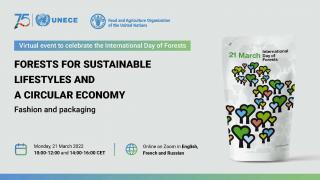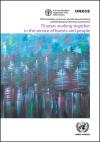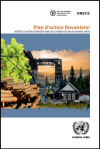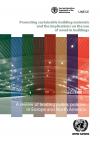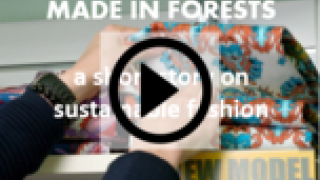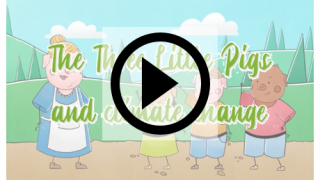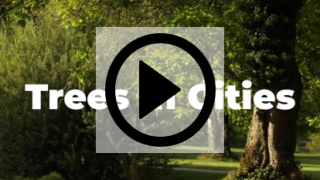Communication and Outreach
Introduction
Communicating effectively within and outside the forest sector is essential to promote sustainable forest management. The Section produces press and news releases, hosts the Forest Information Billboard, shares presentations and reports and is present in forest-related events. Follow us on twitter, linkedin and youtube.
The UNECE/FAO Team of Specialists on Forest Communication - the Forest Communicators' Network - is the major platform for forest communication experts to exchange and find common strategies. Its sub-group on Forest Pedagogics is an European-wide forum.
Subscribe to our mailing list via [email protected].
The UNECE/FAO Team of Specialists on Forest Communication - the Forest Communicators' Network - is the major platform for forest communication experts to exchange and find common strategies. Its sub-group on Forest Pedagogics is an European-wide forum.
Subscribe to our mailing list via [email protected].
Key areas of work
In focus
Highlights
The "Trees in Cities Challenge" is back! Read this press release to learn more about the initiative's new focus.
Short film: "Forests in a nutshell" was launched to celebrate the IDF 2021. Watch the video here. Read the press release here.
A virtual exhibition "Too precious to lose" was launched in November 2020. Visit the exhibition here. Read the press release here.
Watch "More heat with less wood" - the most successful video UNECE ever made!
Recent Events
21 March
Online and Palais des Nations, Geneva, Switzerland
20 - 22 June
Prague Czechia




